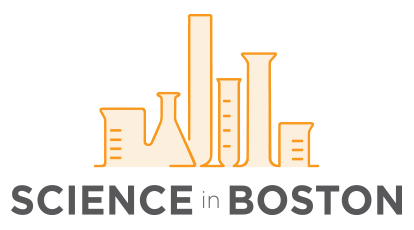Science Events in Boston
Stay up-to-date with all of the life science events taking place in the Greater Boston area with the Science in Boston events calendar! From academia to industry and biotech to pharma, our events calendar is your complete source for life science conferences, symposiums, networking, and workshops in Boston. We even cover science pub nights and science fundraisers!
If you’re interested in promoting your life science event on the Science in Boston events calendar, please use our event submission form.

- This event has passed.
Colloquium on Brain and Cognition with Dr. Mathew Diamond
April 22, 2021 - 4:00 pm - 5:00 pm
TITLE:
Neuronal algorithms for extracting multiple percepts from a single stimulus
ABSTRACT:
When we consider the processing of a tactile stimulus, it is natural to focus on what the stimulus feels like and how the perceived features are encoded by neurons. But a second percept, explicitly or implicitly, accompanies the tactile experience – the feeling of time occupied by that stimulus. To explore the connection between stimulus perception and time perception, we begin with human and rat psychophysics. When subjects judge the duration of a vibration applied to the fingertip (human) or whiskers (rat), increasing stimulus intensity leads to increasing perceived duration. Symmetrically, increasing vibration duration leads to increasing perceived intensity. From this relationship, we build a computational framework where the vibration-evoked firing early in the processing stream is accumulated by two integrators, in parallel, each integrator giving rise to a corresponding percept (intensity and duration). This framework makes predictions for the perceptual effects – on both intensity and duration – of direct manipulation of firing in sensory cortex, which we verify by optogenetics in rats. However, just when everything begins to make sense, the story becomes more complex: a subtle change in the physical features of the tactile stimulus causes the engagement of a very different pathway for the perception of time. We conclude that the mechanisms underlying the feeling of stimulus duration are multiple and are adaptable to stimulus properties.

